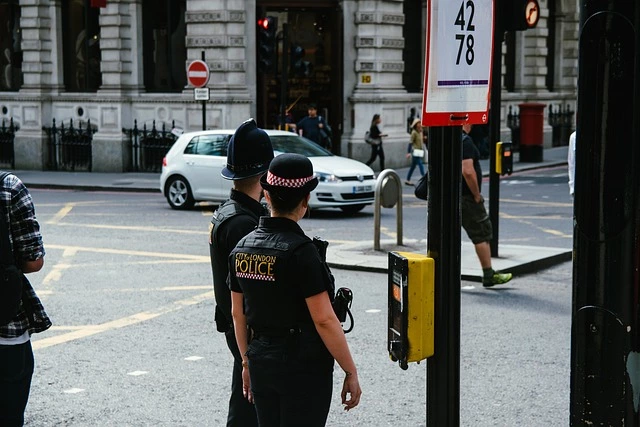Leaving the Police Force: Writing Your CV

It can be difficult to reframe your career experience when transitioning from one career to another. After an extended period of time - perhaps years - within one particular career, many of us may lack the confidence to promote ourselves in a new field. Perhaps we doubt our ability to step out of our comfort zone and enter a new employment sector. Focusing on transferable skills and the layout of a CV are key parts of navigating this task. This article focuses on writing a CV for those coming out of the police service.
Laying out your CV
Your CV should be set out in a way that highlights your strengths and skillsets, particularly skills relevant to the job you are applying for. When applying for a job, focus on the job description. If the description asks for particular skills, or experiences (that you have), make sure your CV proves your suitability for those areas.
A "functional" CV, otherwise known as a skill-based CV, is perhaps one of the best ways to evidence your suitability for a job. It focuses on the individual and the skills you have developed, rather than your previous employment and job titles. Below are steps to take to develop your functional CV.

“Transitioning out of the police force may move you into employment sectors you feel under-qualified for”
Getting started
It can be beneficial to write a personal statement at the beginning of your CV. Identifying who you are (your name and contact details) is only the first step. A short personal statement of 200-300 words can provide your employer with an insight into who you are, what your interests are and what drives you. And, it can be a great way to make a lasting first impression. The key to a personal statement is to broadcast your value to your potential employer. Here are a few easy steps to follow:
Who you are
Avoid "Hi, my name is George" and instead write one or two sentences summarising your career track record, and what kind of employer you will be. An example could be: "As a hard-working and experienced former police officer, I am dependable, trustworthy, and confident in my ability to support my colleagues, and my community. After helping the [insert location] for [insert length of service], I hope to branch into new sectors of employment to continue developing my skillset."
Prove your value
Evidence why you are suitable for the job role you are applying to. Highlight achievements that you feel are relevant - specifically ones that will be beneficial to you in your new role. If you were team manager within the police force, describe how long and for how many people. If you participated in training courses that will be useful to your new job, list them here. Your personal statement is your opportunity to shine.
Transferable skills
Be it business management, community support, project leadership, or consultancy, the opportunities are endless for end-of-career police officers. One of the most important aspects of writing your CV is thinking about the transferable skills you have accumulated during your years of service. Think about the job role you occupied as a police officer, and write a list describing the responsibilities you had. Consider the skills you have developed through completing these responsibilities. For example, a police officer will likely have developed the following transferable skills:
- Working under pressure, and remaining calm and level-headed
- Quick thinking and adaptable
- Driven and focused
- Determined
- Resilient
- Goal-oriented and able to multitask
- Ability to work well within a group/team and collaborate effectively
- Ability to work well as an individual, and remain motivated and task-oriented
- Leadership skills
- Trustworthiness
Being able to identify these transferable skills (and this list is only some of the many skills accrued during your time within the police force) will help you develop a skill list to strengthen your CV.
Education and qualifications
Transitioning out of the police force may move you into employment sectors you feel under-qualified for. It is important to evidence the education you have achieved and other certifications you have achieved.
In higher level employment, your A-Level grades are not always that important. Instead, focus on any university qualifications you may have. Name the institution you graduated from, and the date of your graduation. And, if relevant, maybe list some of the courses you undertook during your studies (for example, if you have a degree in Sociology and you are applying for a job in your local council, it may be worth listing that you completed a course in "Understanding Social Problems").
Qualifications and certificates outside of education are also important to list. Any medical training undertaken during your time in the police force - CPR, First Aid and High-Performance Driver Training - may well be relevant to your new role. Be sure to include the completion date to keep your CV as up to date as possible.
Confidence is key
The most important part when writing a CV when coming out of the police force is confidence. Following these few easy steps will have hopefully helped encourage you to take the first steps in applying for new employment. Career changes can be challenging. But producing a "functional" CV that promotes your skillsets and experiences will help promote your value to future employees.
